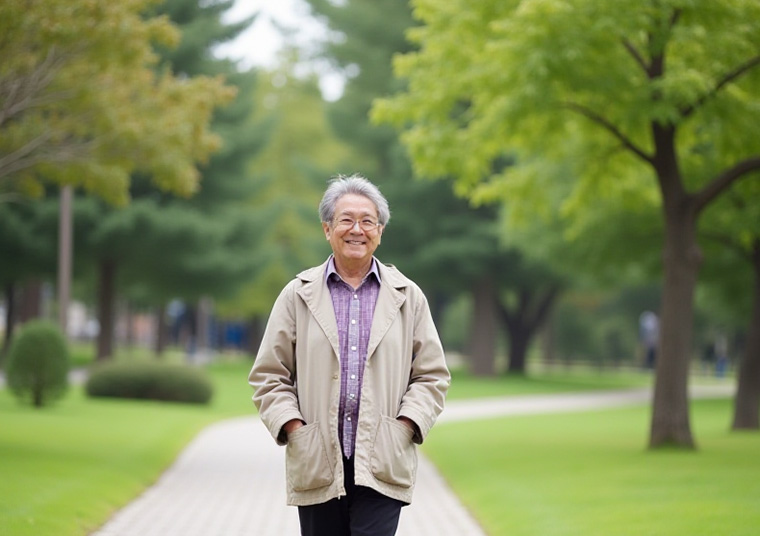 Go Back To Menu
Go Back To Menu

Mr. Huang, 47 years old, a middle-level manager in a company, has always lived a fast-paced life and is known for his resilience. But no one expected that on May 14, 2020, his life would be completely changed by one sentence: "Pancreatic cancer, confirmed."
In most people’s impression, pancreatic cancer is the "king of cancers," often discovered when it has already progressed rapidly, with an extremely low survival rate. For Mr. Huang, who was in the prime of his career, this diagnosis hit him like a heavy blow. Holding the medical report, he fell into a moment of blank despair.
With his family’s support, he actively sought treatment options. Based on his doctor’s advice, he chose a combined treatment path of chemotherapy and the "United Life Immune Reconstruction Program." Unlike traditional single treatments, this program not only targeted the tumor itself but also emphasized the repair and regulation of the immune system, building a long-term "sustainable anti-cancer" strategy for him.
The first step of treatment was cellular reconstruction. During chemotherapy, he simultaneously received immunotherapy, with four consecutive cycles of immune cell infusions. These activated and cultivated immune cells acted like precise "hunters," specifically targeting and attacking cancer cells while also stimulating his body’s own anti-tumor responses.
Next was gut reconstruction. Doctors explained that the gut is the body’s largest immune organ, and maintaining a healthy microbiome is key to immune balance. Through gut reconstruction, not only did his digestion and absorption improve, but his immune responses also became more efficient and stable.
Element reconstruction involved supplementing trace elements beneficial for anti-inflammation and immune regulation, helping Mr. Huang maintain better physical condition during treatment.
In the stage of nutritional reconstruction, the team tailored a personalized nutrition plan for him—not only focusing on calorie and protein intake but also adjusting his diet based on treatment phases, enhancing recovery capacity and increasing chemotherapy tolerance.
The final step, psychological reconstruction, was equally important. At first, Mr. Huang was overwhelmed by the word "cancer," struggling with sleepless nights and constant anxiety. Through psychological counseling and mindfulness therapy, he gradually learned how to coexist with fear, release stress, and even actively face both treatment and life.
After several months of treatment, test results showed that tumor markers had dropped significantly, with almost no obvious side effects during therapy. His physical condition remained stable, and his mental state was much better than expected.
Today, Mr. Huang is no longer the despairing patient he once was. Like a seasoned "warrior," he now understands his body better and knows what kind of strength is truly needed to fight cancer—not just medicine, but also immunity and inner confidence.
He said: "This illness won’t end so quickly, but as long as I keep 'rebuilding,' there will always be hope."